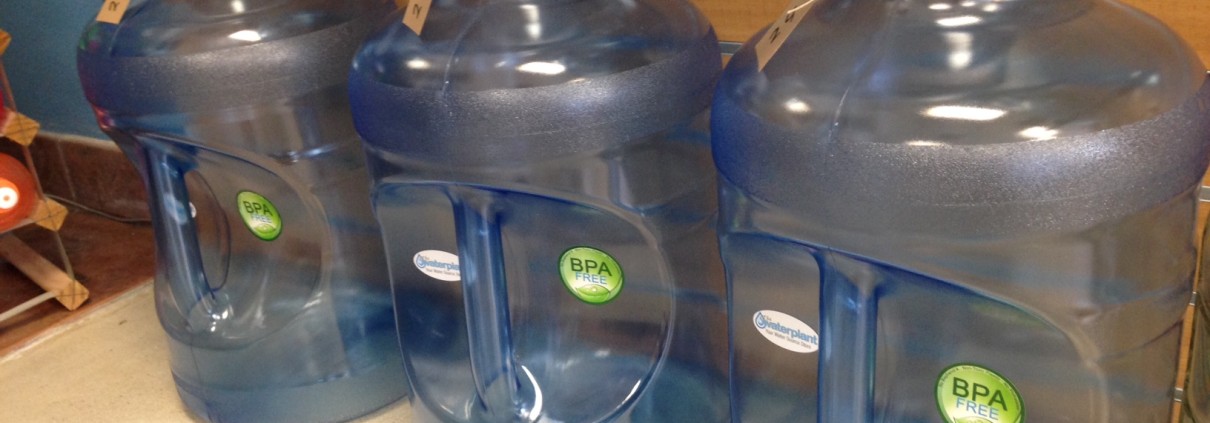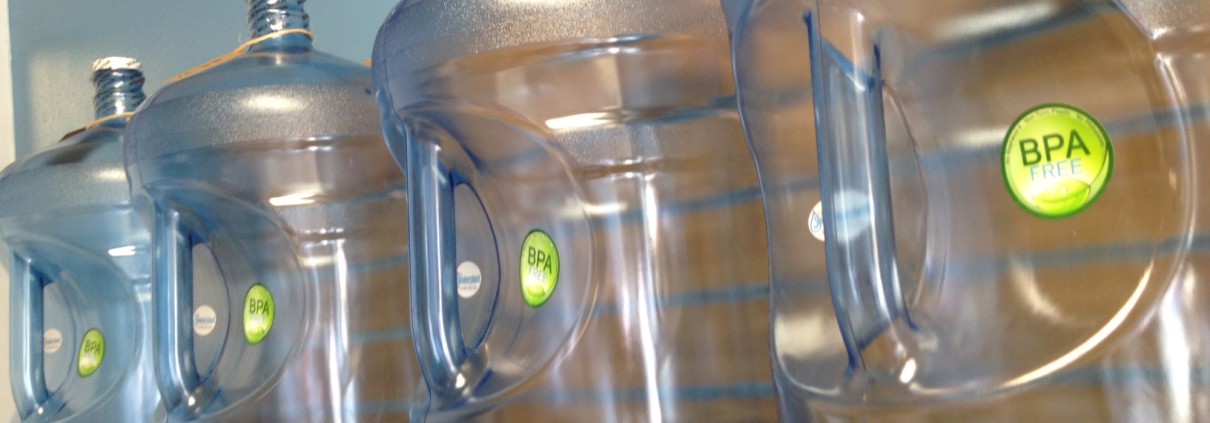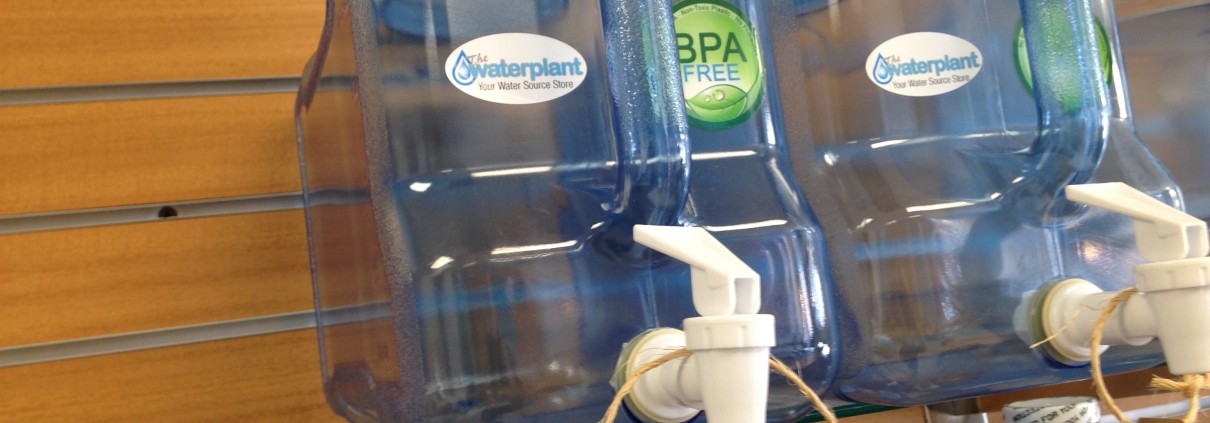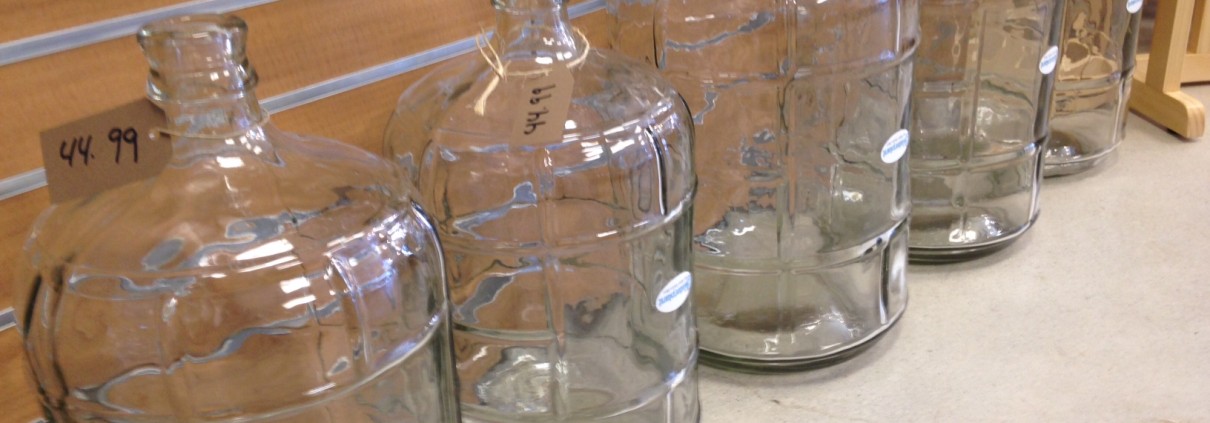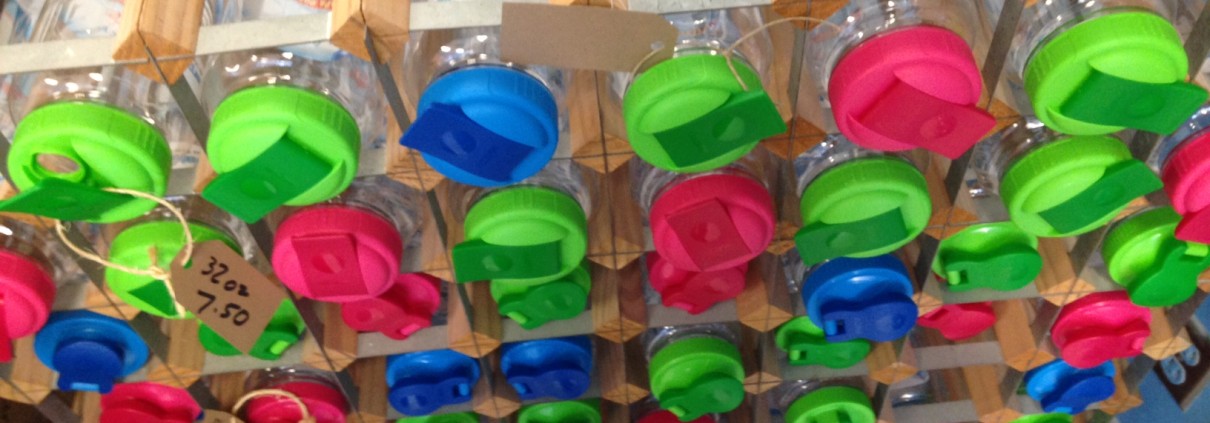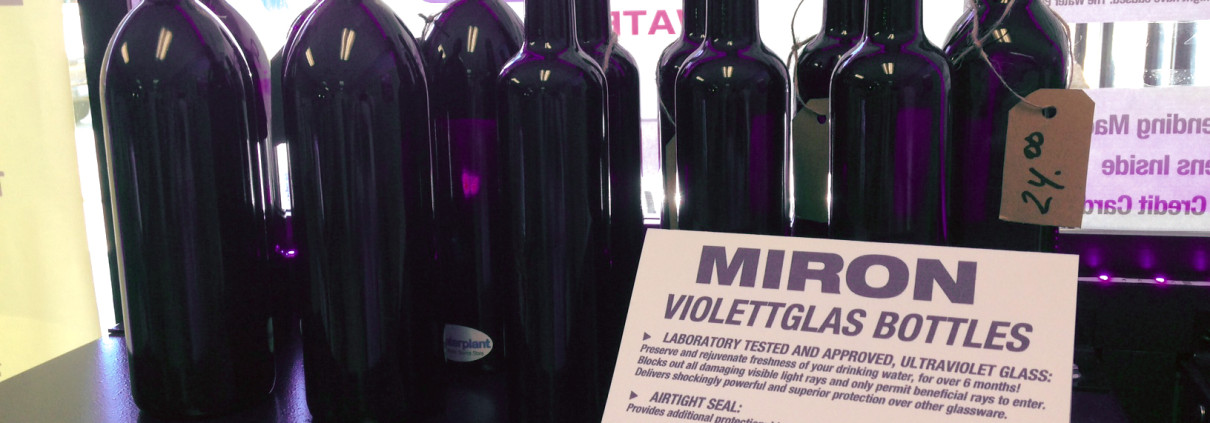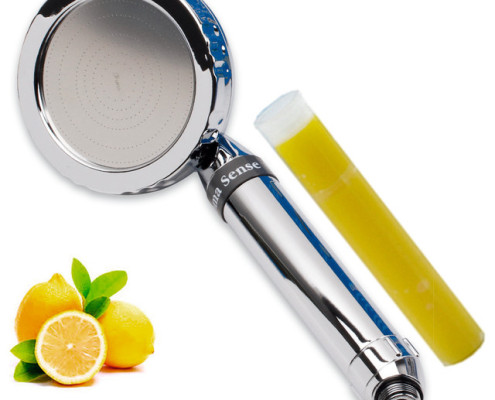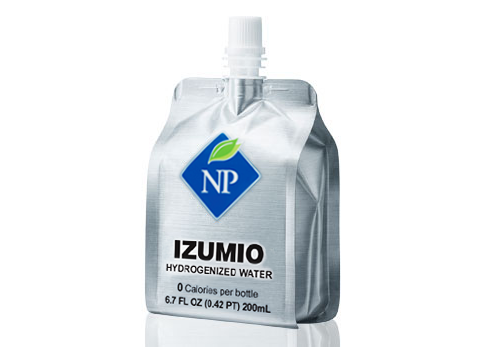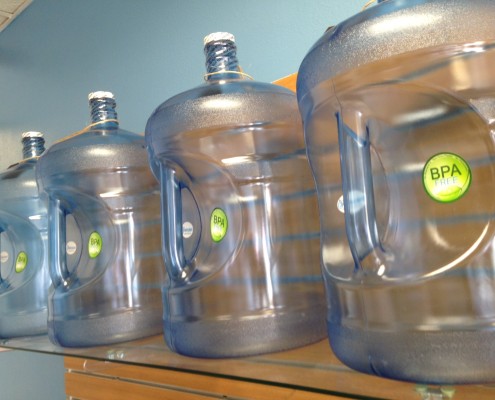Bisphenol A, commonly abbreviated as BPA, is an organic metal compound. It’s used to make polycarbonate plastic and epoxy resins, along with other applications. Because it’s a cheap compound, it’s commonly added to make plastics soft and easy to mold. Unfortunately, living in a world where plastics and synthetic materials are part of our daily existence, it is important to minimize our exposure to such chemicals where we can.
The problem is BPA (Bisphenol A) is also a synthetic estrogen and plastics with BPA can break down, especially when they’re washed, heated or stressed, allowing the chemical to leach into food and water thereby entering the human body. Nearly all Americans have small amounts of BPA in their bodies but you can actively avoid this chemical here at The Water Plant.
The toxic plastics chemical Bisphenol A (BPA) has recently been in the news again. For CEH, BPA exemplifies many of the more problematic aspects of our country’s approach to harmful chemicals in everyday products, and a look at the history and science around BPA is instructive for all who are working to end toxic health threats to our children and families.

